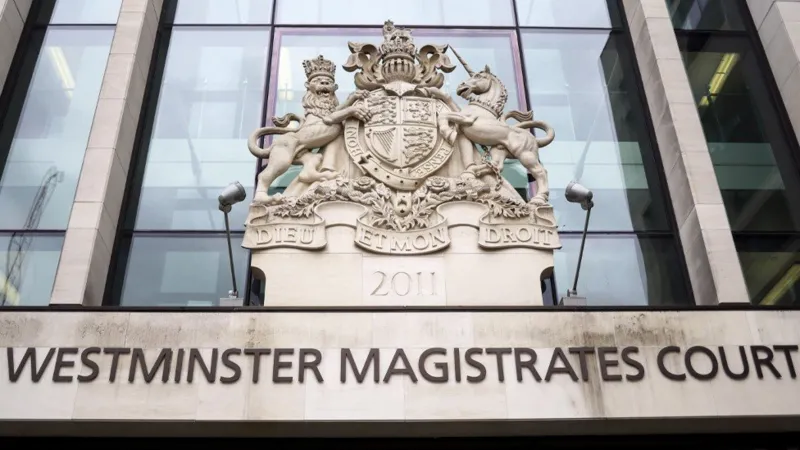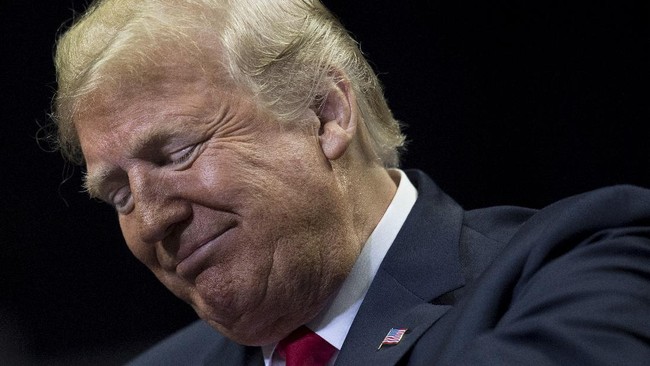President Emmanuel Macron of France has made a bold decision in response to the recent parliamentary elections that saw the ruling party suffer significant losses. Prime Minister Jean-Claude Durand, whose party faced unexpected defeats across key constituencies, submitted his resignation letter as customary in such political circumstances. However, President Macron has rejected this resignation, signaling a stance of continuity and stability amidst the electoral upheaval.
The parliamentary elections, held amidst a backdrop of economic challenges and social unrest, delivered a surprising blow to Macron’s La République En Marche (LREM) party. The results underscored shifting voter sentiment and raised questions about the government’s mandate moving forward. Despite these setbacks, President Macron’s decision to retain Prime Minister Durand underscores his commitment to navigating these challenges with a steady hand.
In a televised address to the nation, President Macron emphasized the need for unity and resilience in the face of adversity. He acknowledged the electoral verdict as a call for introspection and renewed engagement with the concerns of the electorate. Macron highlighted ongoing initiatives in economic reform, healthcare, and environmental policy as priorities that require continuity and leadership stability.
The rejection of Prime Minister Durand’s resignation reflects Macron’s strategy to maintain governmental cohesion during a critical period. It also aims to reassure both domestic and international stakeholders of France’s commitment to effective governance and policy continuity. Macron’s decision has been met with mixed reactions across political spectrum, with opposition parties criticizing what they perceive as a refusal to heed voter discontent, while supporters applaud the president’s resolve in maintaining political stability.
Looking ahead, Macron faces the challenge of reshaping his government’s agenda in response to the electorate’s message while balancing the need for stability and decisive leadership. The coming months are crucial as France navigates its post-election landscape, with expectations high for Macron to deliver on promises of economic recovery and social cohesion.
In conclusion, President Macron’s rejection of Prime Minister Durand’s resignation underscores his determination to steer France through a period of political transition and economic recovery. As the nation grapples with the aftermath of the parliamentary elections, Macron’s leadership will be pivotal in shaping the future trajectory of French politics and policy.














Leave a Reply